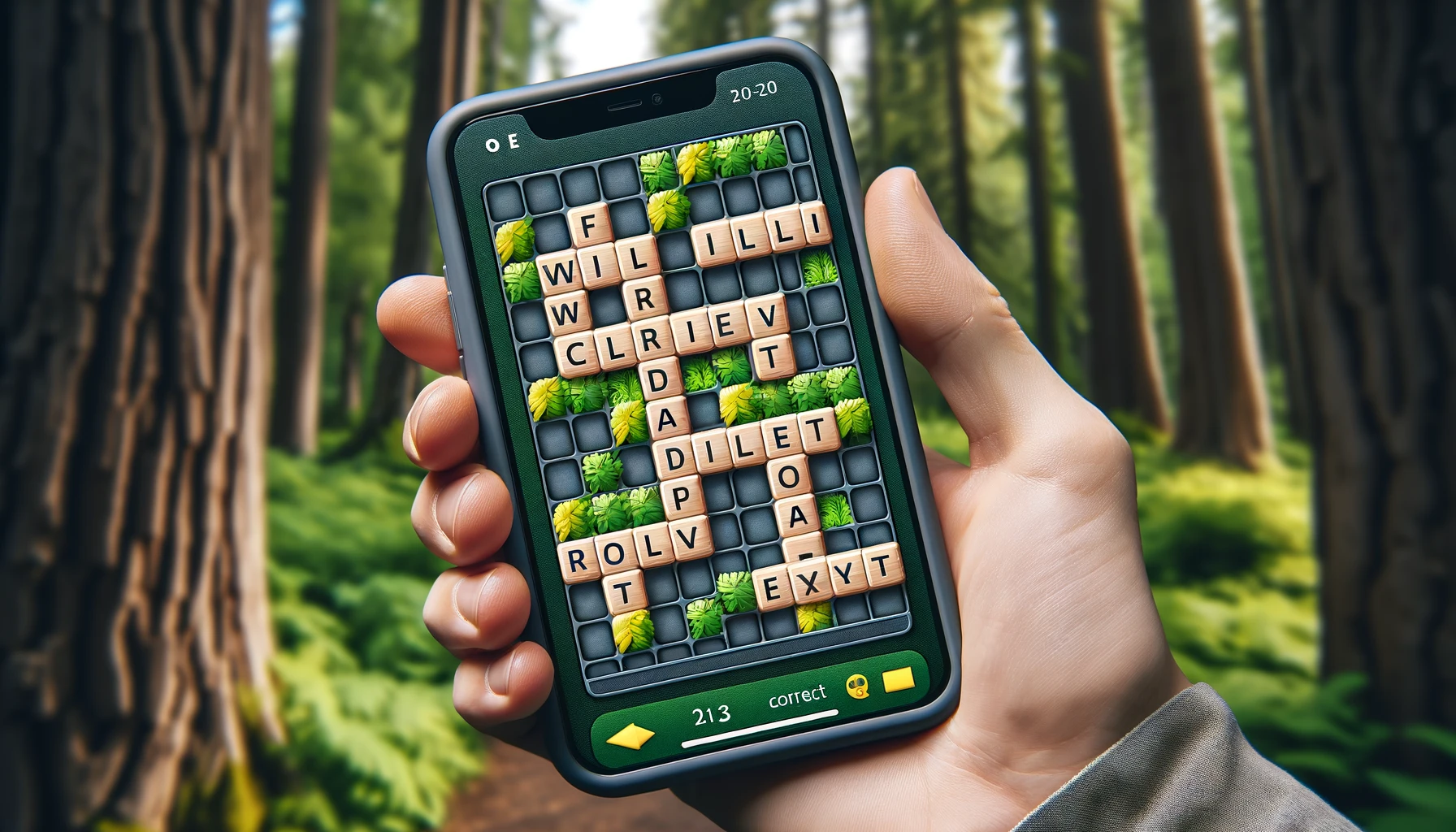A daily brain teaser, Wordle challenges players to deduce a five-letter word within six trials. While many revel in the mental workout, others opt for a more direct route to success. Assistance is available for those eager to maintain their winning streaks or simply to expedite the game. In the version dated March 29, players found themselves embroiled in a conundrum as they navigated through guesses that, despite being incorrect, edged them closer to the day’s solution, which had strong connections to fantasy and historical lexicon.
Consistent engagement with Wordle has become a staple for aficionados of word games. Over time, strategies for optimal starting guesses and follow-up tactics have been developed and shared within the community. A common piece of advice is to choose opening words rich in vowels and diverse consonants, thus quickly narrowing down the letter pool for subsequent guesses. Historical data on past answers help players avoid repeating words and refine their approach to the daily puzzle.
What Makes a Good Starting Guess?
The initial word selection in Wordle plays a critical role in setting the stage for a successful game. While the puzzle for March 29 did not contain double letters, it is advisable for players to incorporate a blend of consonants and vowels. This strategic move can greatly influence the game’s outcome by eliminating or confirming a wider array of letters from the onset.
Is Wordle More Than a Game?
Aside from offering daily entertainment, Wordle has sparked significant academic interest. In a scientific paper published in the “Journal of Language Play,” titled “Wordle and Linguistic Deduction,” researchers scrutinized the game’s linguistic patterns and player strategies. They found that engagement with Wordle can enhance problem-solving skills and provide cognitive benefits. This underscores the fusion of enjoyment and mental exercise inherent in the game, with implications that extend beyond mere recreation.
What Was Today’s Winning Word?
For those persevering through the challenge or seeking quick answers, the five-letter word of the day was revealed to be “REALM.” This medieval term, often interchangeable with “land” or “kingdom,” aptly reflected the day’s theme, offering a satisfying conclusion to the puzzle for all participants, whether they approached it as a leisurely pastime or a competitive endeavor.
Points to Consider?
- Starting with a word rich in vowels aids initial deduction.
- Past Wordle answers are not repeated; use this to strategize.
- Wordle can be both a fun activity and a cognitive exercise.
In conclusion, Wordle represents not just a playful diversion but a platform for cognitive development. As players strategize to decipher the daily word, they exercise linguistic intuition and deductive reasoning. Today’s Wordle answer, “REALM,” exemplifies the game’s educational potential by connecting players with historical and fantasy-based vocabulary. Whether seeking assistance or challenging oneself, the game offers a unique blend of learning and entertainment.










